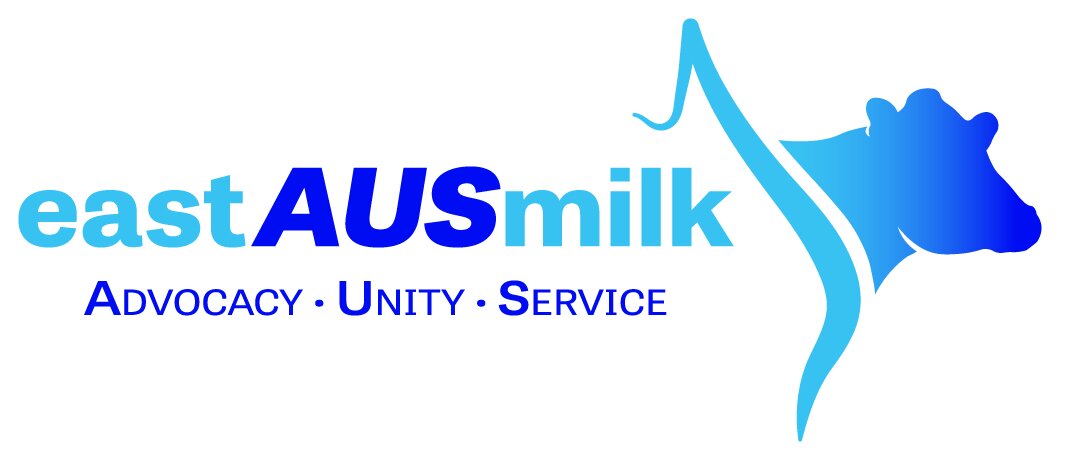Far from the COVID crowd, farms are offering a new kind of camping for travellers looking to get away
As pandemic-weary campers leave cities in droves, searching for serenity and space in the bush, farmers are signing up as hosts for an extra source of income.
In the grips of a terrible drought that forced them to sell 40 prime milkers to the meatworks, dairy farmer Libby Rough listed with Youcamp to help pay for groceries and school costs.
"We didn't get a milk cheque for three months and friends had come and said, 'You should put this [farm] on a booking system'," Ms Rough said.
They opened Hidden Pocket, named for its private position on the Mary River at Moy Pocket near Kenilworth in the Sunshine Coast hinterland.
Just four camping sites have helped turn the farm's fortunes around, earning the family more than $50,000 since American-owned Hipcamp bought out Youcamp in August 2020.
Hidden Pocket is booked out months in advance and has twice been nominated for awards.
"We pride ourselves on having a campground where thousands of people are not camping on top of each other," Ms Rough said.
"We provide fire pits, we provide kayaks — although I did lose six in the floods — we also provide tyre tubes and so people come here, and they get to relax.
"Occasionally they might get [phone] reception."
What is Hipcamp?
Since 2019 the number of people using the camping platform has increased by 450 per cent.
"Hipcamp is essentially a marketplace where we connect landowners, farmers, and their land with people who really want an outdoor experience ... campers, glampers, caravan people," Hipcamp general manager James Ho said.
"Ironically, for us, I think we've overall been a net beneficiary of the pandemic; our user base has almost tripled in the last 12 months alone.
"In fact, we've seen this past summer, our biggest summer holiday on the record. Our host base has more than doubled in the last 12 months as well."
Crucial infrastructure
For the Rough family, the money has paid for infrastructure that they otherwise could not have afforded, including farm fencing and fixing the road that milk tankers use to access their dairy.
"Those kind of jobs are really essential to our business because you can't have a milk truck driver saying I'm not coming in because the road's not good enough," Ms Rough said.
When a group of guests, who are required to be fully contained, used the bush as a toilet — Hipcamp followed up on her complaint and charged the campers $300 for the clean-up.
"The [other] reason why we went through Hipcamp is because of insurance; you would be stupid to open your property up to camping without insurance."
An unexpected bonus has been the friendships they have made with return visitors.
"It's been a really, really good thing because we don't get a social life and sometimes Pete will come down and talk to them as well. He says he's not into it, he says [that] it's my thing — but I've caught him talking to people. Anyone who wants to talk about cows," she said.
Room to grow
The Queensland Farmers' Federation (QFF) has released a discussion paper titled Unlocking Queensland's agritourism potential.
It estimated agritourism could be worth up to $4.5 billion a year to the state by 2030 but found the lack of consistent local government planning guidelines were a barrier to farmers wanting to diversify their businesses.
In an age where fewer city dwellers have country cousins, the connections agritourism builds are important.
Source: Lucy Cooper & Jennifer Nichols, ABC Rural, 30 January 2022

